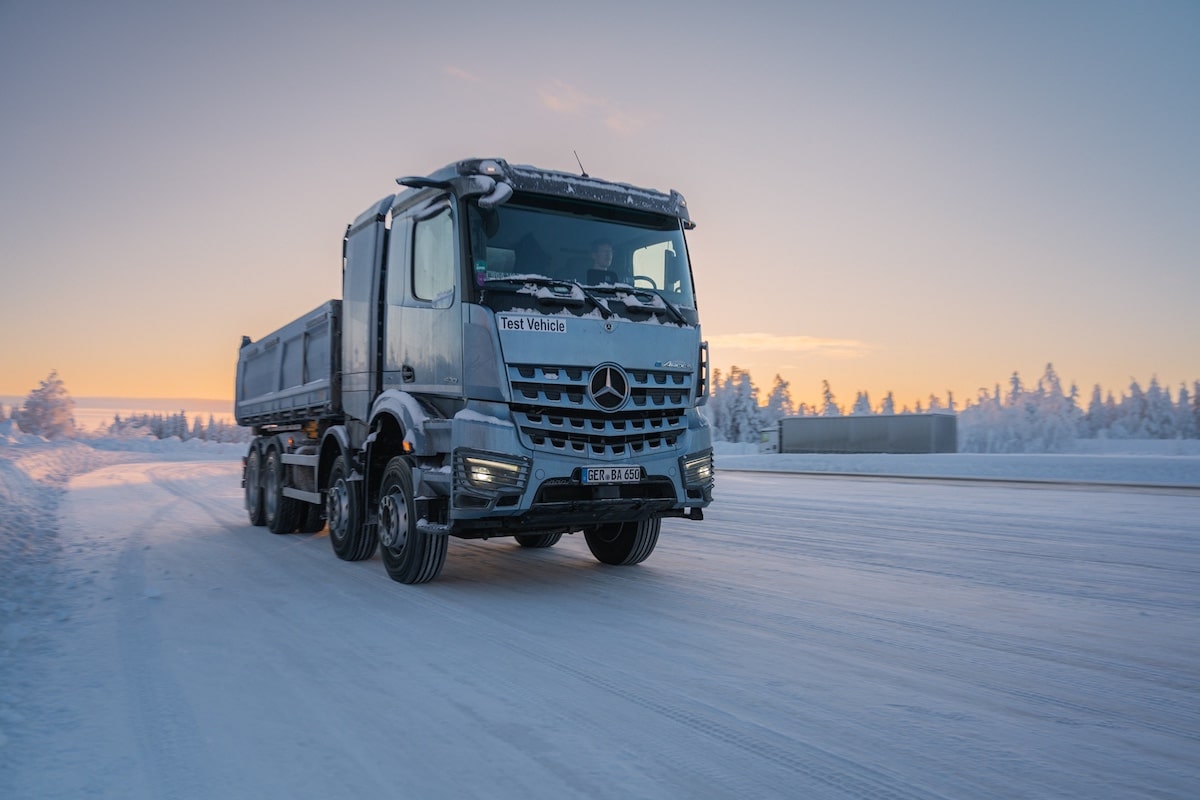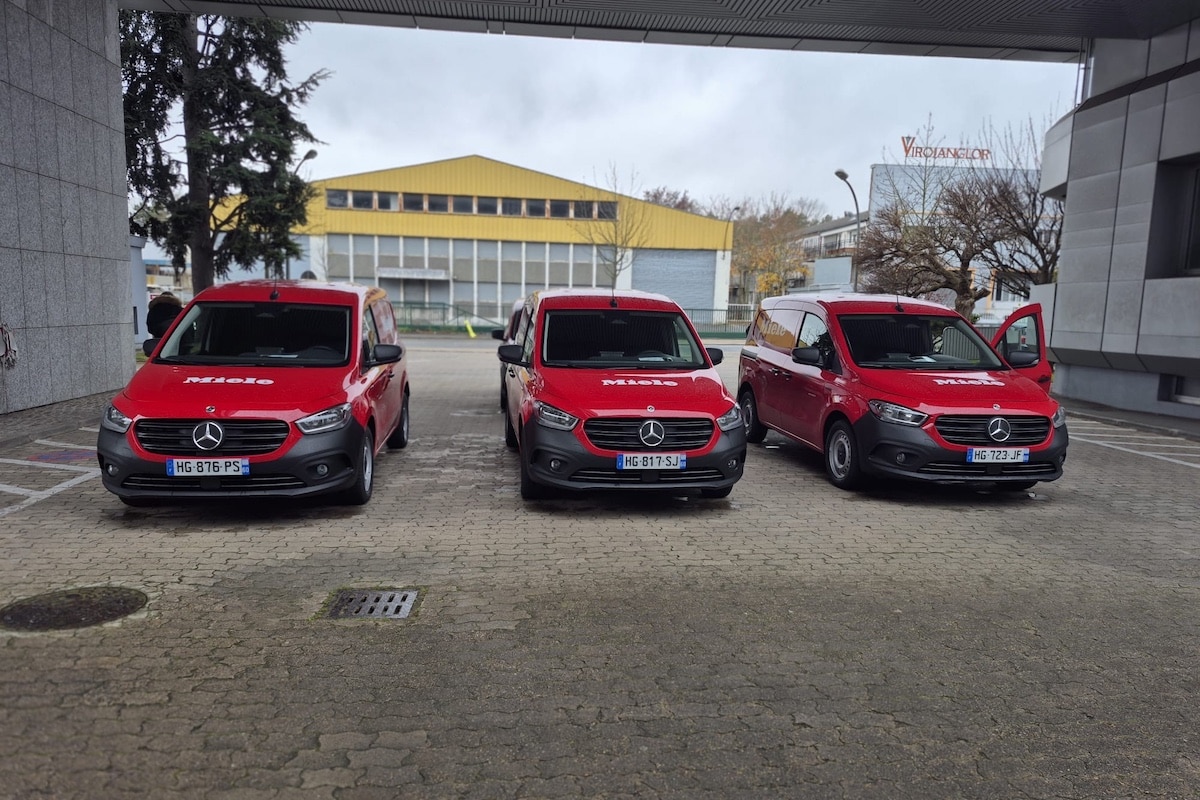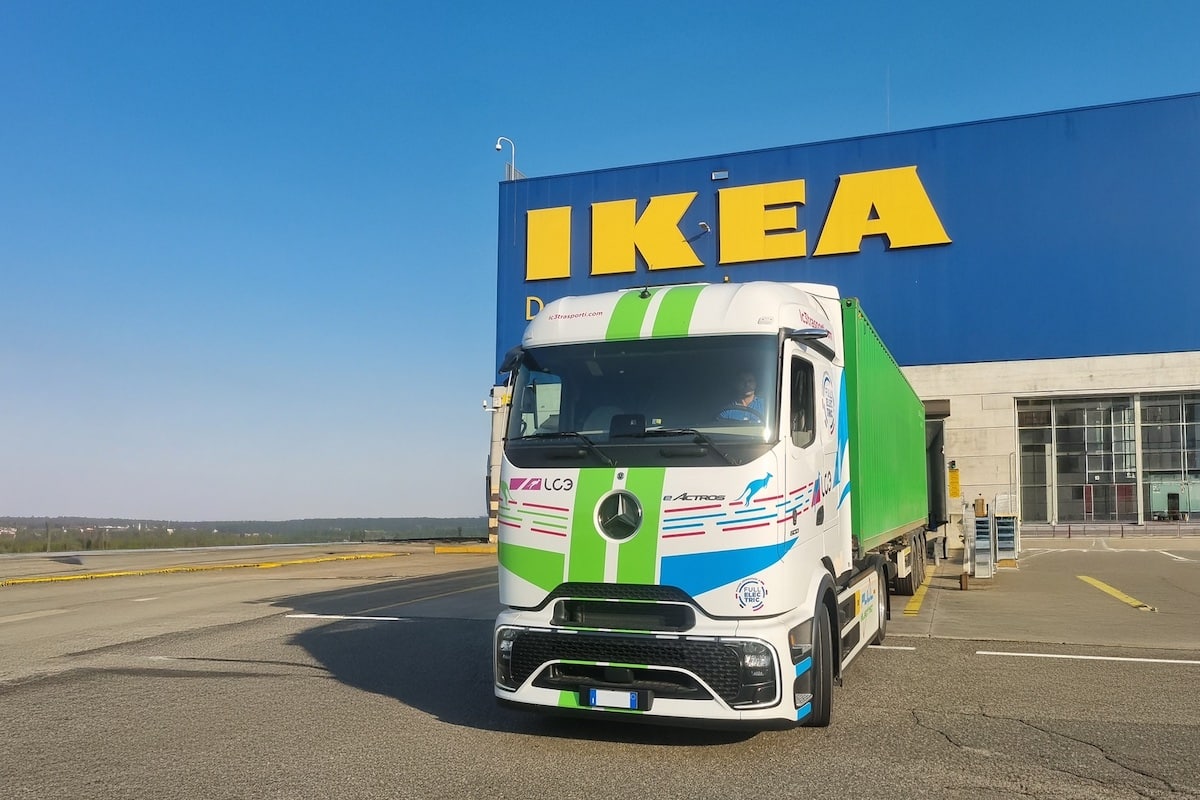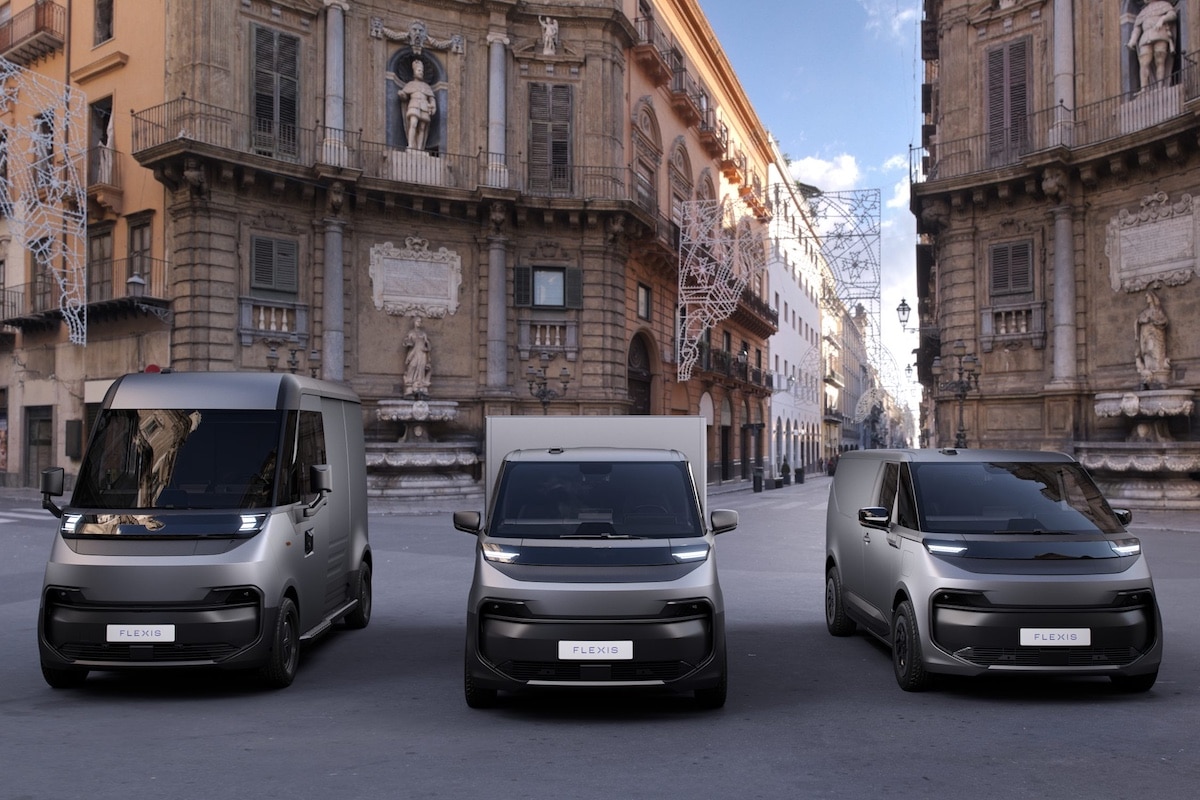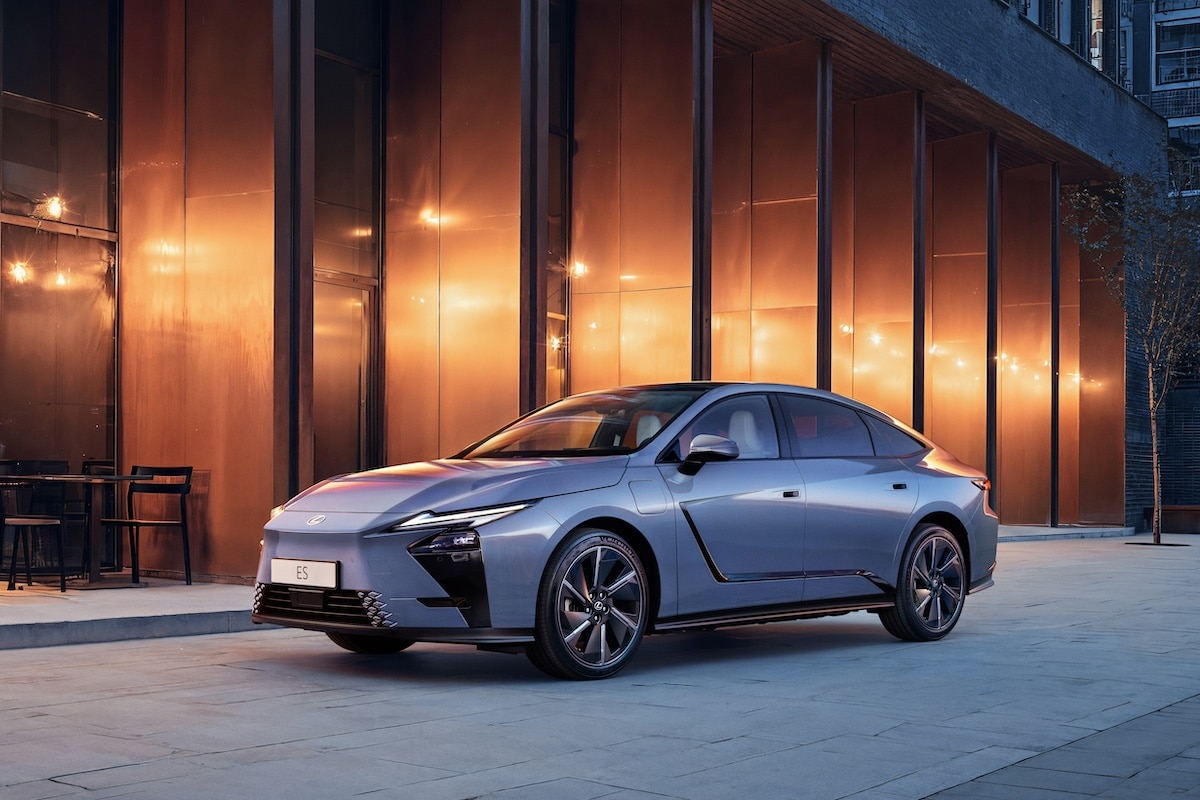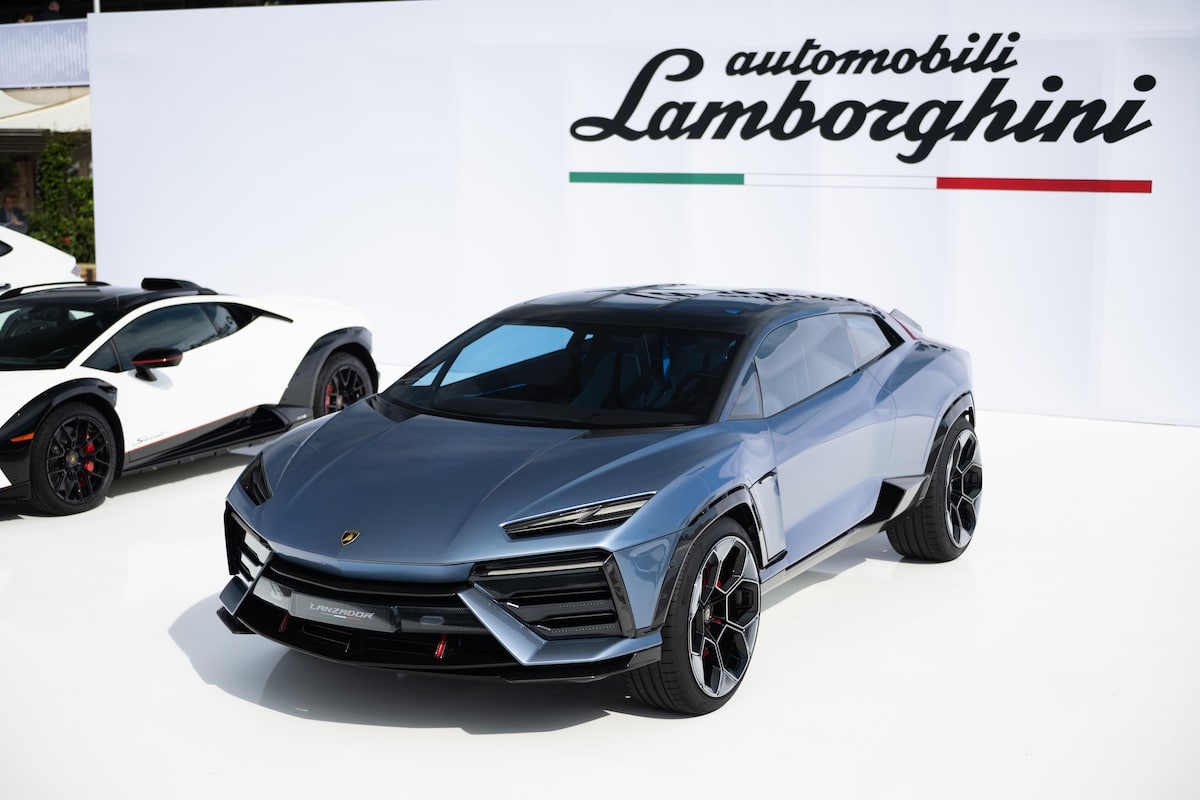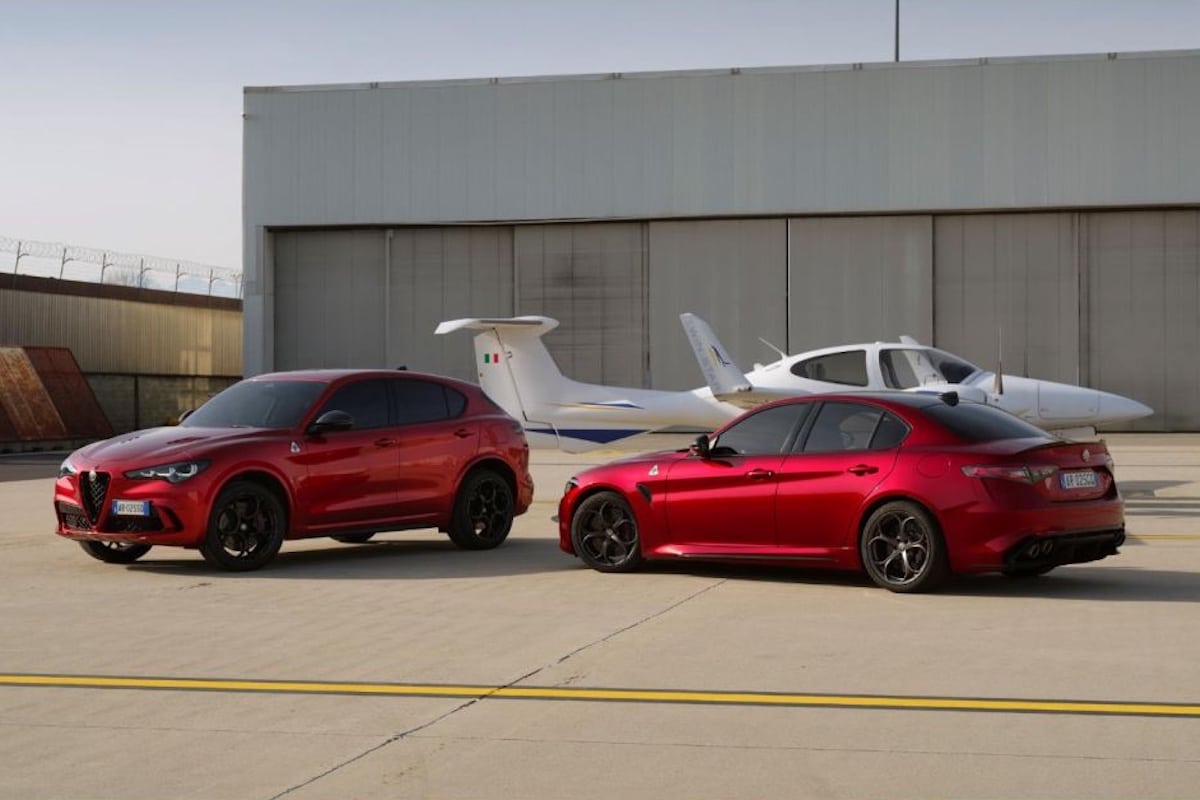Renault launches three electric trucks to compete with Mercedes
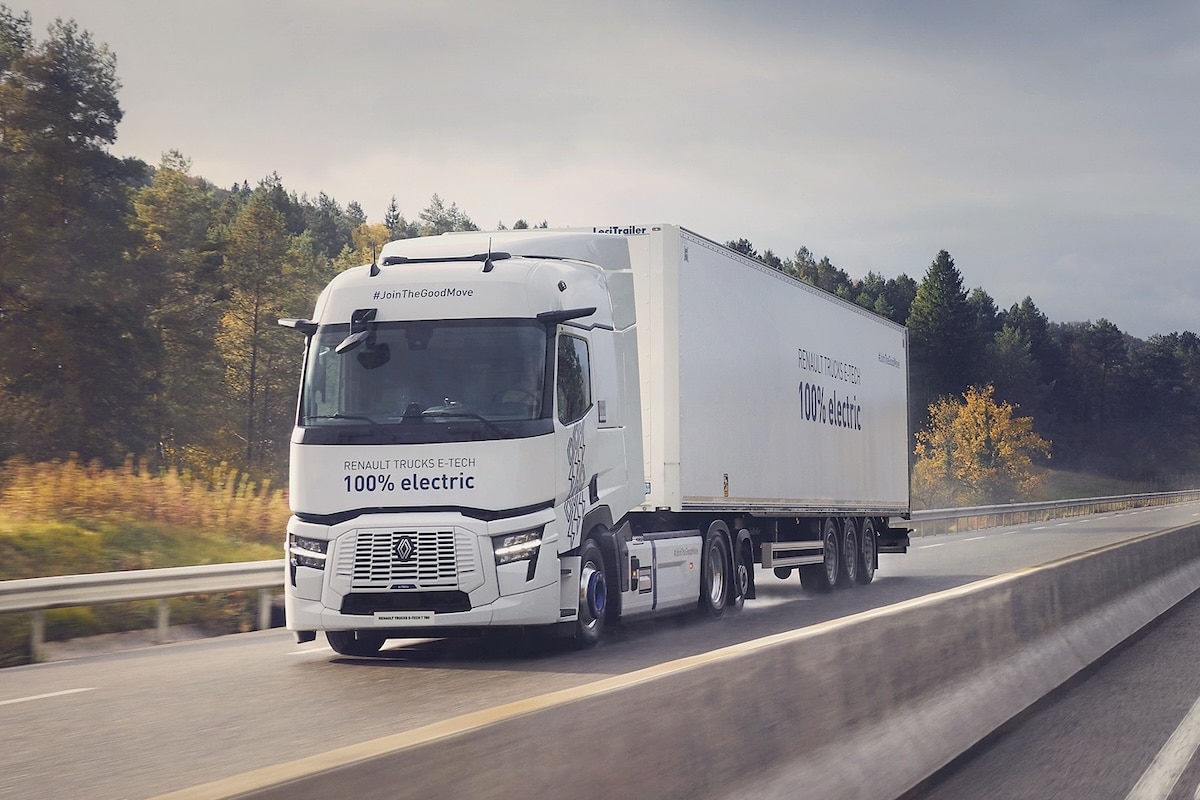
Renault Trucks is accelerating full throttle in the electric heavy truck segment and is modernizing three of its long-distance trucks.
The electrification of long-distance transport is now advancing at full speed. After Mercedes, which sparked the competition with its eActros 600, it is now Renault Trucks’ turn to unveil a revamped range of electric tractors designed to go beyond regional limits. Three versions aim to cover the specific needs of transporters: the E-Tech T 540, the E-Tech T 585, and the E-Tech T 780.
While the French manufacturer does not speak of direct competition, its new flagship model, boasting an announced range of 600 km, clearly encroaches on the domain of the German giant. And we are not talking about the Tesla Semi, which remains a ghost after years of unfulfilled promises.
You might be interestedin this article:
A step towards long-distance
The challenge is simple: to offer a credible range for long-distance journeys while ensuring an acceptable payload. Renault Trucks is attempting a delicate balancing act. The E-Tech T 585 prioritizes payload; the T 780 focuses on endurance. In between, the T 540 caters to regional applications with a range extended to 450 km.
This allows the Lyon-based manufacturer to claim a step up in quality without asserting a revolution. We remain in a world of electromobility still dependent on infrastructure and driver breaks to plan charges.
A revised architecture with the E-axle
The real novelty is not so much the autonomy as the way Renault Trucks achieves it. The integration of an electric axle – the E-axle – places the motors and transmission at the rear. The result: a space freed between the chassis rails, ideal for accommodating more batteries.
This technical choice is comparable to that of the Mercedes eActros 600, which also uses a compact electric axle. The difference? Mercedes has opted for LFP cells, which are more durable but heavy, whereas Renault opts for NCA batteries, which are denser in energy but more sensitive to intensive cycles (even if the warranty extends to 8 years or 1 million kilometers).
Once again, these two approaches illustrate the divergent strategies of the two manufacturers: one prioritizes chemical durability, while the other favors compactness and weight for greater payload.
Range: Renault catches up with Mercedes without surpassing it
With a capacity of 780 kWh, the Renault E-Tech T 780 claims a range of 600 km. This is precisely the figure presented by Mercedes for its eActros 600… but achieved under optimal conditions at Renault. However, the eActros 600 has a significant advantage: Mercedes is already communicating about performance under real conditions on long-distance pan-European routes, thanks to its clients already delivered, something Renault has not yet highlighted.
On paper, Renault’s positioning is solid:
• Mercedes eActros 600: up to 600 km
• Renault T 780: 600 km
• Renault T 585: 460 km
• Renault T 540: 450 km
The two long-distance versions of Renault Trucks are MCS (Megawatt Charging System) compatible up to 720 kW, theoretically allowing for 350 km of autonomy to be regained in 45 minutes. A figure consistent with what Mercedes promises, which also aims for rapid charging during regulatory breaks. The difference will mainly play out in the field: where, when, and at what speed will these charging stations actually be accessible? Today, no manufacturer can guarantee an operational MCS network by 2025/2026.
A strong industrial signal for the French sector
Assembled in Bourg-en-Bresse, the three new E-Tech models are part of a strategy for industrial relocation and strengthening of the heavy electric range. Orders are open, demonstrating a willingness to quickly transition from prototype to commercialization, where some competitors remain cautious.
A crucial question remains: will transporters adopt a 600 km range in electric as easily as they have accepted 1,000 km in diesel? The future of European long-distance electric transportation will depend on this answer. Unless European regulations leave them no choice.
READ ALSO: Autonomous trucks: and hop, DHL is going to lay off its drivers!
This page is translated from the original post "Renault lance trois camions électriques pour lutter avec Mercedes" in French.
We also suggestthese articles:
Also read
